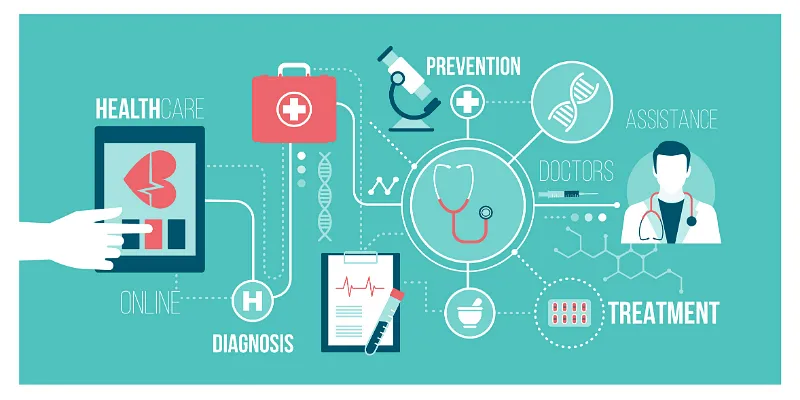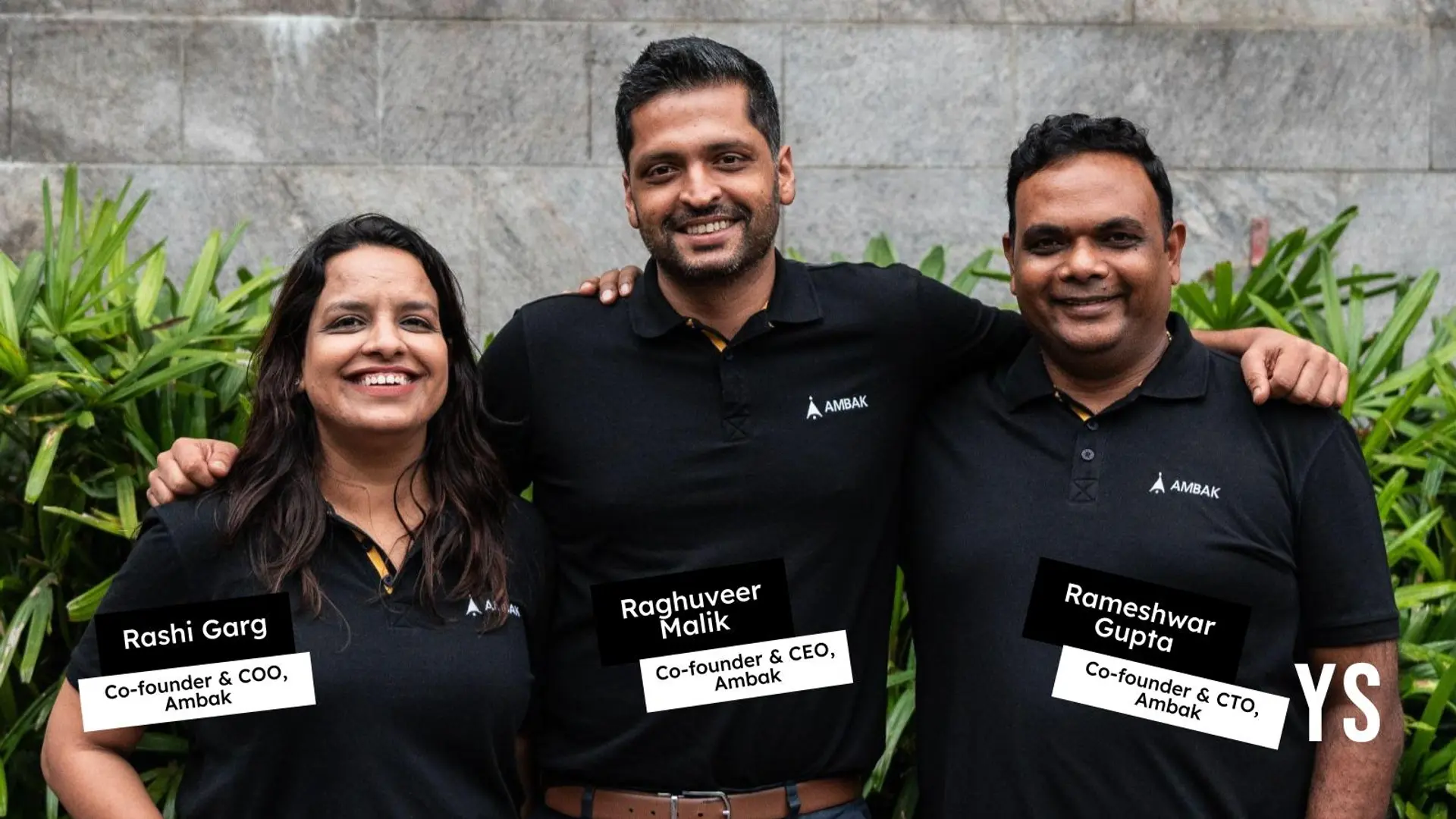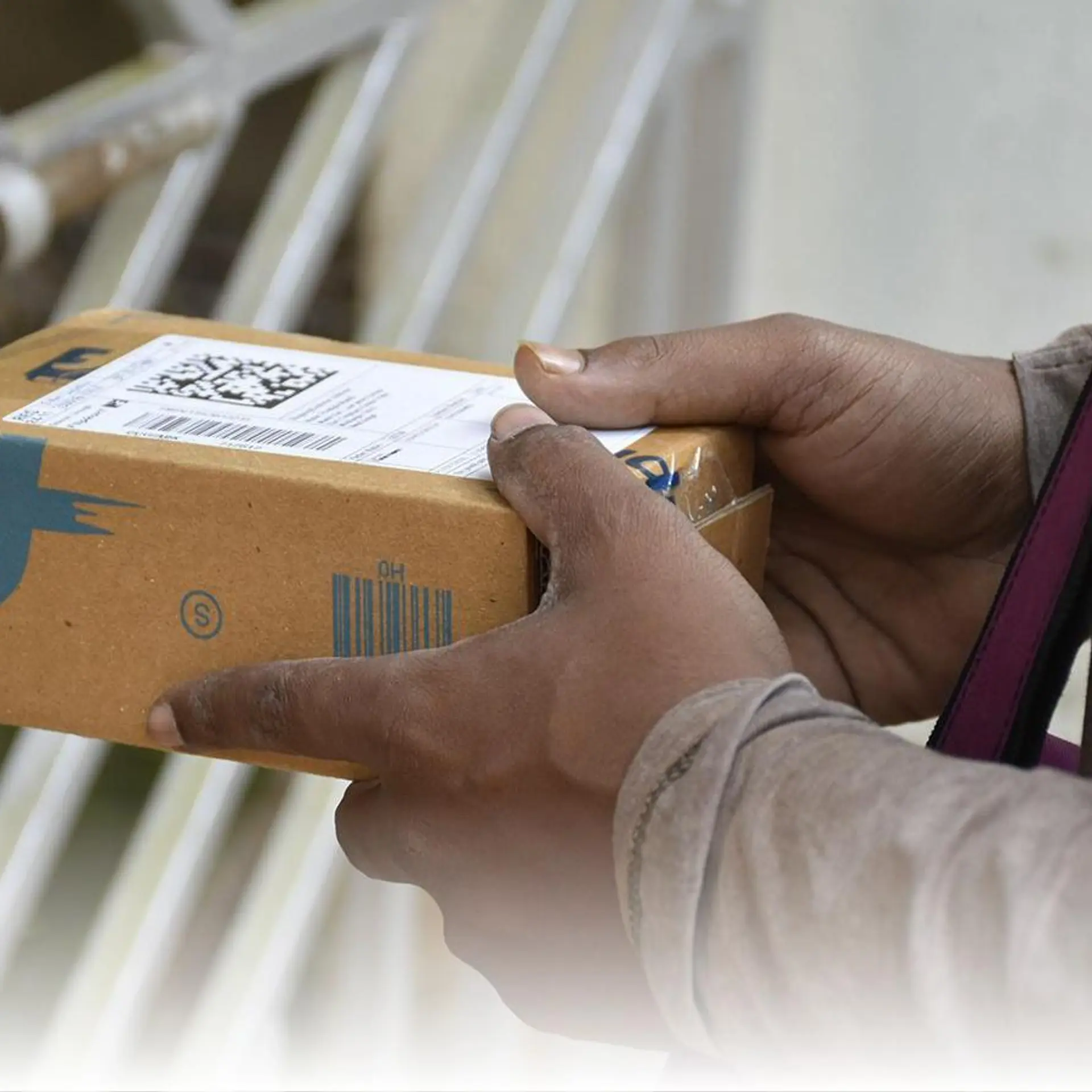How patient e-consent process can help doctors and evolve healthcare sector
For doctors, e-consent solutions provide stronger security in the event of any post-surgery medico-legal fallout.
Just as it has done for most industries and sectors, technology has come to recast the entire healthcare ecosystem. The pandemic has particularly catalysed this all-round and enduring shift.
Whether it’s patients making enquiries and availing of health services, doctors conducting diagnosis and treatment, or hospitals managing patients and the entire workflow—there is a palpable shift across the healthcare delivery system in the country. With increased smartphone and internet penetration among Indians even in smaller towns, and Tier II and III cities, bolstered by the laying down of foundational infrastructure, the so-called winds of change are sweeping across large swathes of the country.
The employment of e-consent solutions by clinicians and doctors before conducting surgery on a patient has assumed large importance for both medical professionals and their patients. This is relevant to all types of surgeries—whether major or minor.
Unlike using traditional paper-based consent documents, the entire e-consent process vastly alters the relational dynamics when it comes to doctors and their patients. Needless to say, adopting e-consent solutions has emerged as a smarter choice to make for doctors today.
In what ways does the uptake of e-consent solutions constitute a smarter choice for doctors?

[Queer Changemakers] How a trans doctor is fighting to make healthcare in India inclusive
Three Cs critical to doctor-patient relationship
First of all, opting for e-consent solutions delivers great value in terms of the three Cs— clarity, comprehensibility and consistency in communication—all of which are extremely critical in any doctor-patient conversation. This is particularly important when a patient or their relatives have to take a decision on as serious an issue as an upcoming surgical procedure.
Clarity takes care of openness and transparency, covering all the pros and cons of an impending surgery in full detail.
On the other hand, comprehensibility addresses the language and the format of that conversation. Essentially, it makes it incumbent on the clinician to break down complex medical terms and jargon into easy-to-understand language and in common idioms and expressions in order for patients to grasp the full consequences of going ahead with an operation, or otherwise.
Consistency, in one part, refers to honesty and stability in thought and decision-making about the upcoming procedure on the part of the doctor. It also implies the enduring nature of the exchange given that it involves leaving a trail or a record if required later.
Effectively implements informed consent
While not a part of the three Cs, the centrality of informed consent is related to them and is an inextricable part of the doctor-patient conversation journey before the latter gives a go-ahead for the surgical procedure.
We must remember that from a doctor’s standpoint, the consent sought and acquired from the patient must be informed in nature. This means that the patient must fully comprehend the severity, scope and implications of a particular surgery as well as the risks and rewards of not undertaking that surgery.
Thus, only when a patient gives informed consent would that consent be valid in the eyes of law. Any consent obtained through misrepresentation, falsification, deliberate obfuscation or even withholding of information would nullify its legal sanctity and militate against the very spirit of informed consent.
So, for the doctor, e-consent solutions by their very enduring and indelible nature rule out all of these and provide stronger security in the event of any post-surgery medico-legal fallout.

Solid defence against future medico-legal cases
Sometimes, even when the clinician has accumulated longstanding experience in a specific surgical procedure and maintained an unblemished career record with no adverse reports on his resume, an operation can still go awry. Even when the doctor works with the noblest intent, sincerity and utmost proficiency, an operation can still go wrong on a given day.
In such an unfortunate turn of events, e-consent solutions can prove to be a godsend for a doctor.
In a study carried out six years ago, there was a 110% rise in the number of medical negligence cases in India every year. This rise in cases naturally presupposes the rise of medico-legal cases filed against doctors. Reflecting the same trend, media reports in 2019 cited that a whopping 43 lakh medico-legal cases were pending in different consumer courts in the country.
Doctors are not only facing a rise in medico-legal cases, they are also increasingly being subjected to physical violence in work settings even when they are not at fault. As many as 133 cases of violence against doctors on duty have been reported in a year of the pandemic.
Doctors can keep pace with tech-savvy patients
In an age when internet technologies have made information accessible to all in unprecedented ways, patients have become increasingly versed with even medical issues, including basic surgical procedures and instruments and devices. They are also more proactive than ever and keep track of their health data using self-diagnostic and monitoring devices.
For such new-age digitally savvy patients, it is important that healthcare partners (HCPs) increasingly make use of e-consent tools and solutions. Otherwise, a patient or their relatives may use their self-taught knowledge to unfairly target the doctor should a procedure goes wrong but for no fault of the doctor.
Using multimedia formats including text, images, audio, video and graphics, the e-consent tools not only lend more coherence and order as opposed to the unorganised and disorderly paper-based documents, but also address the uncertainties and ambiguities surrounding the paper-based consent documents.
E-consent solutions must be user-friendly in form and design with sufficient safeguards for privacy and security of patient data. Today, there are specialist companies that offer such niche and quality consent solutions to hospitals and HCPs, thereby contributing in their own ways to the emerging healthcare digitisation story of India.
Edited by Kanishk Singh
(Disclaimer: The views and opinions expressed in this article are those of the author and do not necessarily reflect the views of YourStory.)






